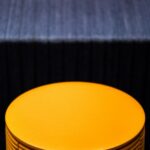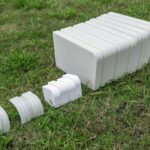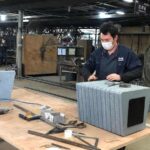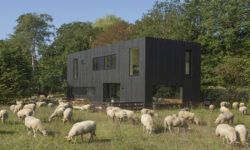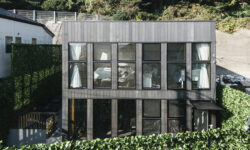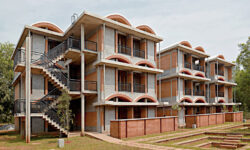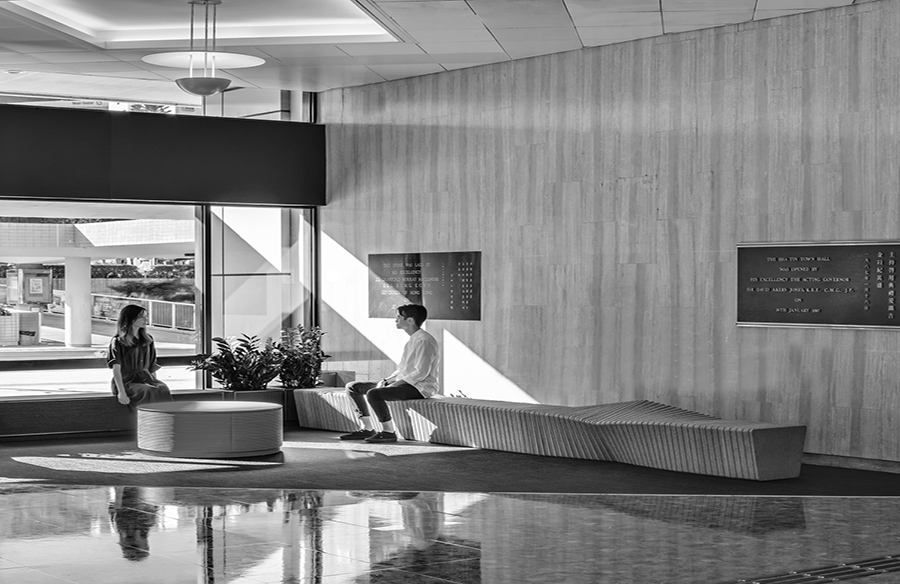
The Shing Mun River in Sha Tin, Hong Kong, has long been plagued by plastic waste pollution, posing a significant environmental challenge. Mismanaged household waste often finds its way into landfills or drifts into the river, with nearly 17 million plastic items, equivalent to 40,000 items daily, entering the ocean via the Shing Mun River in 2018 alone. This influx of plastic pollution not only mars the natural beauty of the area but also threatens the delicate ecosystem.
Turning Waste into Benches
In response to this pressing issue, HIR Studio, inspired by the principle of returning to the community what is taken from it, embarked on an innovative project to recycle plastic waste into public benches. Collaborating with local community organizations, the studio spent two months collecting discarded household plastics, primarily HDPE bottles of various cleaning products, from popular weekend events in Sha Tin.
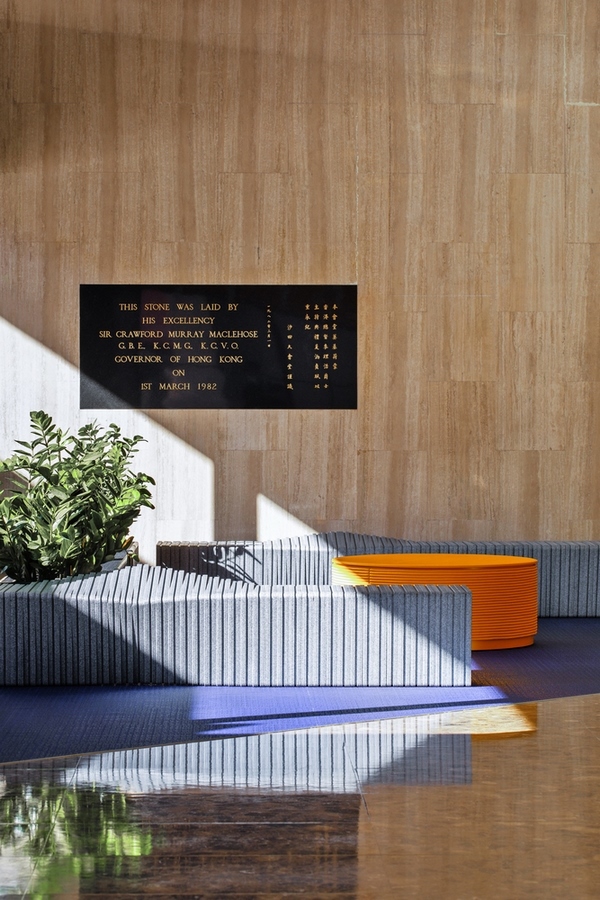
Recycling Process
After collecting 500 kg of plastics, the materials were meticulously cleaned, processed, and transformed into pellets before being transported to a local furniture factory. Here, the plastics were molded into module pieces using steel molds with embedded profiles and textures. These pieces were then assembled into twelve benches of varying lengths and forms, each resembling the ripples of a river and offering increased privacy to users.
Advantages of Recycled Plastic
The use of recycled plastic in public seating represents a significant shift in Hong Kong’s architectural landscape. Unlike traditional materials like wood and fabric, recycled plastic offers durability and longevity, reducing the need for frequent replacements and minimizing material wastage. Moreover, the simple assembly of plastic with steel fixings facilitates easy recycling, contributing to the creation of a local circular ecosystem.
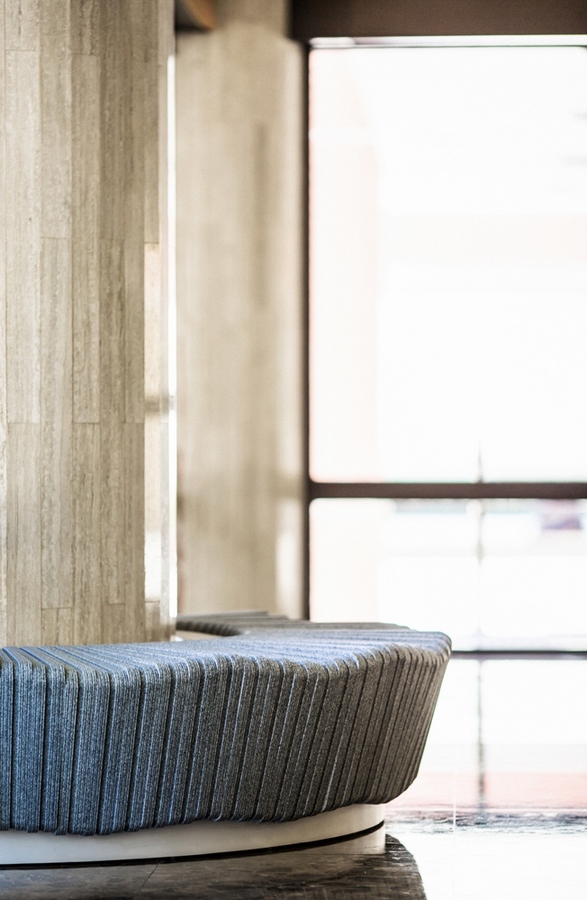
Promoting Awareness and Community Engagement
The newly installed benches at the Sha Tin District’s Town Hall serve as a tangible reminder of the community’s collective effort in combating plastic pollution. By physically interacting with these benches, local residents are encouraged to explore the concept of recycling and its potential impact. HIR Studio hopes that this initiative will foster a sense of ownership among citizens, inspiring further participation in recycling and upcycling efforts.
A Step Towards a Circular Economy
By repurposing plastic waste into functional and aesthetically pleasing benches, HIR Studio aims to promote a culture of sustainability and environmental responsibility in Hong Kong. With increased involvement from local residents, the project seeks to expand the use of recycled plastic in various architectural applications, thereby strengthening the city’s circular economy in the long term.
In essence, the conversion of plastic waste into public benches not only addresses the immediate issue of pollution but also serves as a catalyst for broader societal change, fostering a more eco-conscious and resilient community in Hong Kong.











